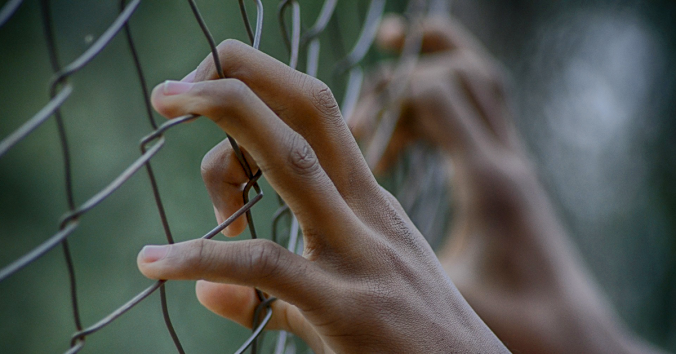Articles that turn out to be based on fraudulent or flawed research are, of course, retracted by the journals that published them. The fact that there is a clearly stated policy for retracting fraudulent research is extremely important. Science as well as its societal applications must be able to trust that published findings are correct and not fabricated or distorted.
However, how should we handle articles that turn out to be based on unethical research? For example, research on the bodies of executed prisoners? Or research that exposes participants to unreasonable risks? Or research supported by unacceptable sources of funding?
In a new article, William Bülow, Tove E. Godskesen, Gert Helgesson and Stefan Eriksson examine whether academic journals have clearly formulated policies for retracting papers that are based on unethical research. The review shows that many journals lack such policies. This introduces arbitrariness and uncertainty into the system, the authors argue. Readers cannot trust that published research is ethical. They also do not know on what grounds articles are retracted or remain in the journal.
To motivate a clearly stated policy, the authors discuss four possible arguments for retracting unethical research papers. Two arguments are considered particularly conclusive. The first is that such a policy communicates that unethical research is unacceptable, which can deter researchers from acting unethically. The second argument is that journals that make it possible to complete unethical research by publishing it and that benefit from it become complicit in the unethical conduct.
Retraction of research papers is a serious matter and very compromising for researchers. Therefore, it is essential to clarify which forms and degrees of unethical conduct are sufficient to justify retraction. The authors cite as examples research based on serious violations of human rights, unfree research and research with unacceptable sources of funding.
The article concludes by recommending scientific journals to introduce a clearly stated policy for retracting unethical research: as clear as the policy for fraudulent research. Among other things, all retractions should be marked in the journal and the reasons behind the retractions should be specified in terms of both the kind and degree of unethical conduct.
For more details on the policy recommendation, read the article in the Journal of Medical Ethics.

Written by…
Pär Segerdahl, Associate Professor at the Centre for Research Ethics & Bioethics and editor of the Ethics Blog.
Bülow, W., Godskesen, T. E., Helgesson, G., Eriksson, S. Why unethical papers should be retracted. Journal of Medical Ethics, Published Online First: 13 August 2020. doi: 10.1136/medethics-2020-106140
We care about communication




Recent Comments